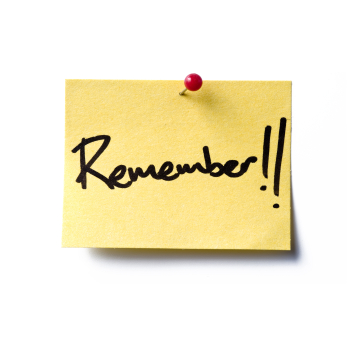
Muovo would like to share with you the following article, first published by Forbes, outlining the eight most common body language mistakes that you should avoid during the interview.
1) Bad Posture
Leaning back is lazy or arrogant, leaning forward is aggressive and slouching is just lazy. Instead, experts say to aim for a neutral position, sitting tall as if a string were connecting your head to the ceiling.
2) Breaking Eye Contact
"Hold eye contact one extra eyelash", says charisma coach Cynthia Burnham. She says we tend to feel uncomfortable holding eye contact once a personal connection has been created. Don't stare, but try to hold your interviewers gaze for one extra second before breaking away. "Do this especially when shaking hands", she says.
3) Crossed Arms
"Arms crossed over your chest signal defensiveness and resistance", says Karen Friedman, communications expert. "When they're open at your sides you appear more approachable".
4) Excessive Nodding
"Sometimes we undermine how powerful or in focus we are by nodding like a bobble-head doll", says Burnham, a habit that's particularly common in women. "Nod once or twice with a smile of agreement. But find your still centre and stay there".
5) Fidgeting
Fidgeting may emit a sign of anxiety. This nervous energy is likely to distract the interviewer. So keep him or her focused on you and what you have to say, rather than the coins in your pockets!
6) Mismatched Expressions
"If your tone isn't matching your facial expression you could find yourself in hot water," says communications coach MAtt Eventoff. "If someone asks what you're most passionate about and your face is in deadpan while you answer, it's not going to translate well".
7) Shifty Eyes
Friedman says distracted or upward eye movements can suggest someone is lying or not sure of themselves. "It's important to look someone directly int he eye to convey confidence and certainty".
8) Staring
"It's important to be confident and look the interviewer in the eye", says Amanda Augustine, job search expert at TheLadders. "But then break away. Locking eyes with someone for an extended period of time can be interpreted as aggressive, not to mention creepy".
Nikita Pisani at Muovo



 Like our Page
Like our Page





